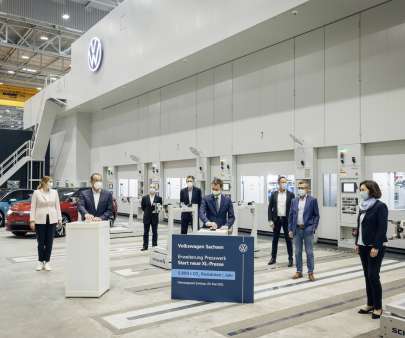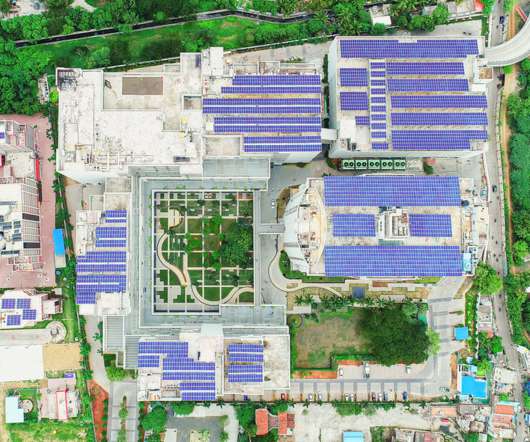SEAT reduces waste by 34% since 2010, expects to achieve 60% reduction by 2025
Green Car Congress
MAY 18, 2019
Since 2010, SEAT, a member of the Volkswagen Group, has improved its production-related environmental footprint by 34% on average with measures to emit less CO 2 and fewer volatile organic compounds, generate less waste and consume less water and energy. less waste. and 30.9%, respectively. and 30.9%, respectively.































Let's personalize your content